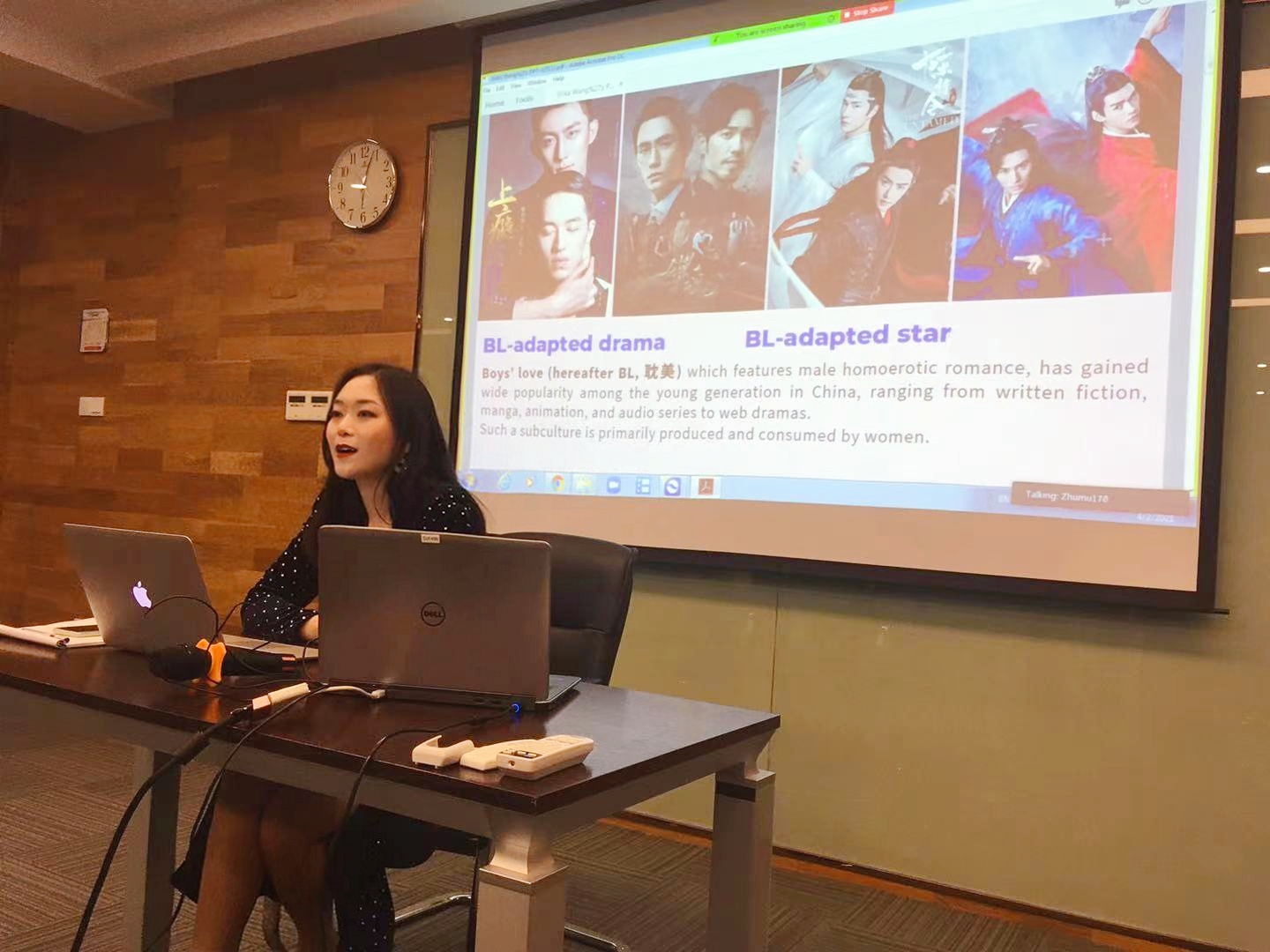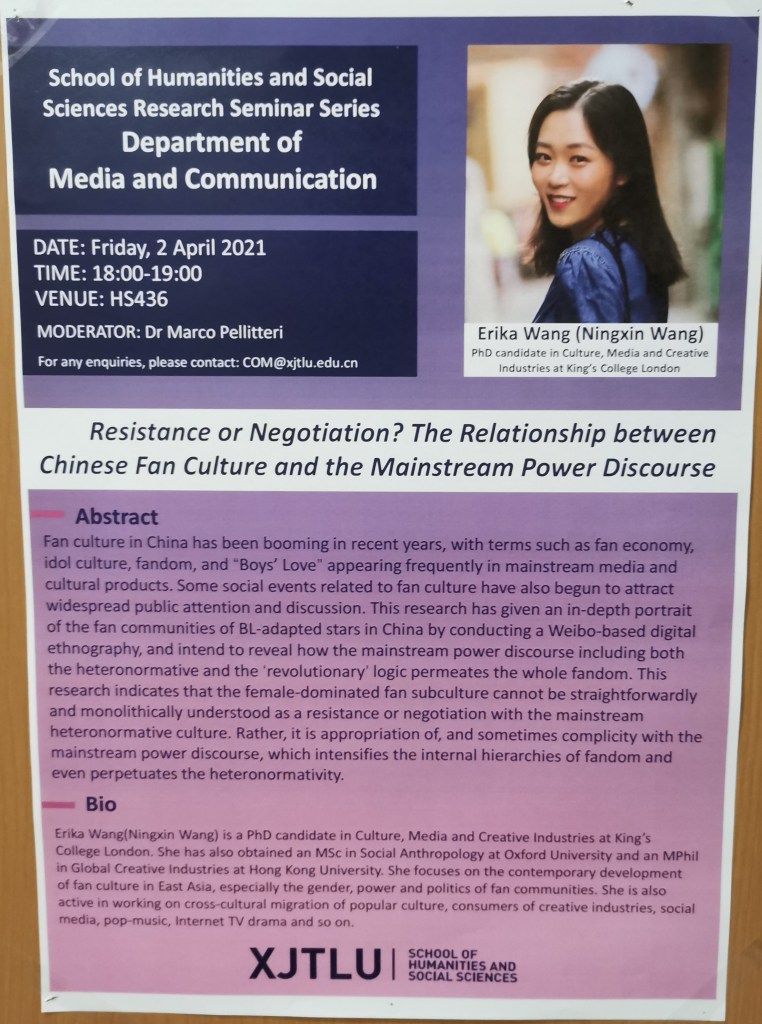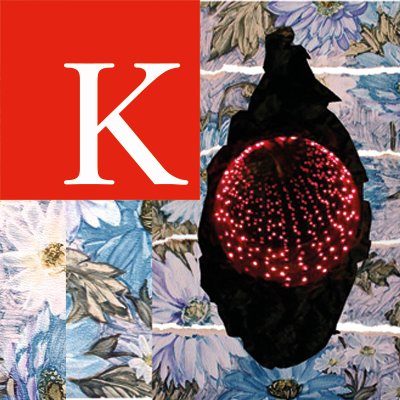I was invited as a guest speaker at Xi’an Jiaotong-Liverpool University (XJTLU), the Chinese campus of the University of Liverpool, to give a talk entitled “Resistance or Negotiation? The Relationship between Chinese Fan Culture and the Mainstream Power Discourse”.


On Friday, 2nd April 2021, Professor Marco Pellitteri chaired the seminar in School of Media and Communication at XJTLU in Suzhou, China. Thanks to his invitation, I shared findings on the fieldwork I am doing in China, which looks at the relationship between fan subculture and mainstream culture in China through the case study of a famous public event of fan culture in China in 2020, the “227 incident”.
Fan culture in China has been booming in recent years, with terms such as fan economy, idol culture, fandom, and “Boys’ Love” appearing frequently in mainstream media and cultural products. Social events related to fan culture have also begun to attract widespread public attention and discussion. “Boys’ Love”(BL) – originated as a genre of Japanese manga in the 1970s which features the “love, sex and romance between boys and young men” – has already transformed into different forms of cultural texts. In China, due to the huge readership that BL novels have, in recent years a constant stream of BL novels have been adapted into web dramas, known as BL-adapted dramas. Although these dramas originate from the BL genre, which is regarded as a subculture, they have generated huge economic benefits and impact in the cultural market, and the BL-adapted stars have become top stars in China, thus becoming a unique cultural phenomenon.

The “227 incident” is an unprecedented social public incident related to fan conflicts beginning in February 2020. Fans of Xiao Zhan (the male protagonist of the most successful BL-adapted drama The Untamed) made use of the censorship to collectively report a BL fan novel that featured Xiao Zhan as one of its characters. This collective reporting action by fans led to the removal of the novel and the banning of access to the fan work platform Archive of Our Own. This consequently caused an outcry from fans of other media to boycott Xiao Zhan and his fans through similar reporting tactics.
My research is an in-depth analysis of the internal logic of this widespread fan conflict. This case study usefully offer insight into the fan communities of BL-adapted stars in China. By conducting a Weibo-based digital ethnography, I intend to reveal how the mainstream power discourses including both the heteronormativity and the ‘revolutionary’ logic permeates the whole fandom. I have discovered that the fan community is not a collection of united fans, but a complex group structured through heterogeneous hierarchies of nested subcommunities. This research also indicated that the power relations between the fan culture and the mainstream are never equal, that fan subculture is always in subordination to the mainstream, that their behavioural practices are governed by mainstream power discourses.
The seminar in which I discussed this research was a success and widely attended by the undergraduate students of the School of Media and Communication. Following my talk, the students also discussed with me many of the latest phenomena in current Chinese fan culture and their research questions. Professor Pellitteri concluded that this talk had given Chinese students a new perspective on how to combine Western fan research theories with Chinese scholars’ findings, which could inspire their interests in researching the development of fan culture and idol industry in China.
